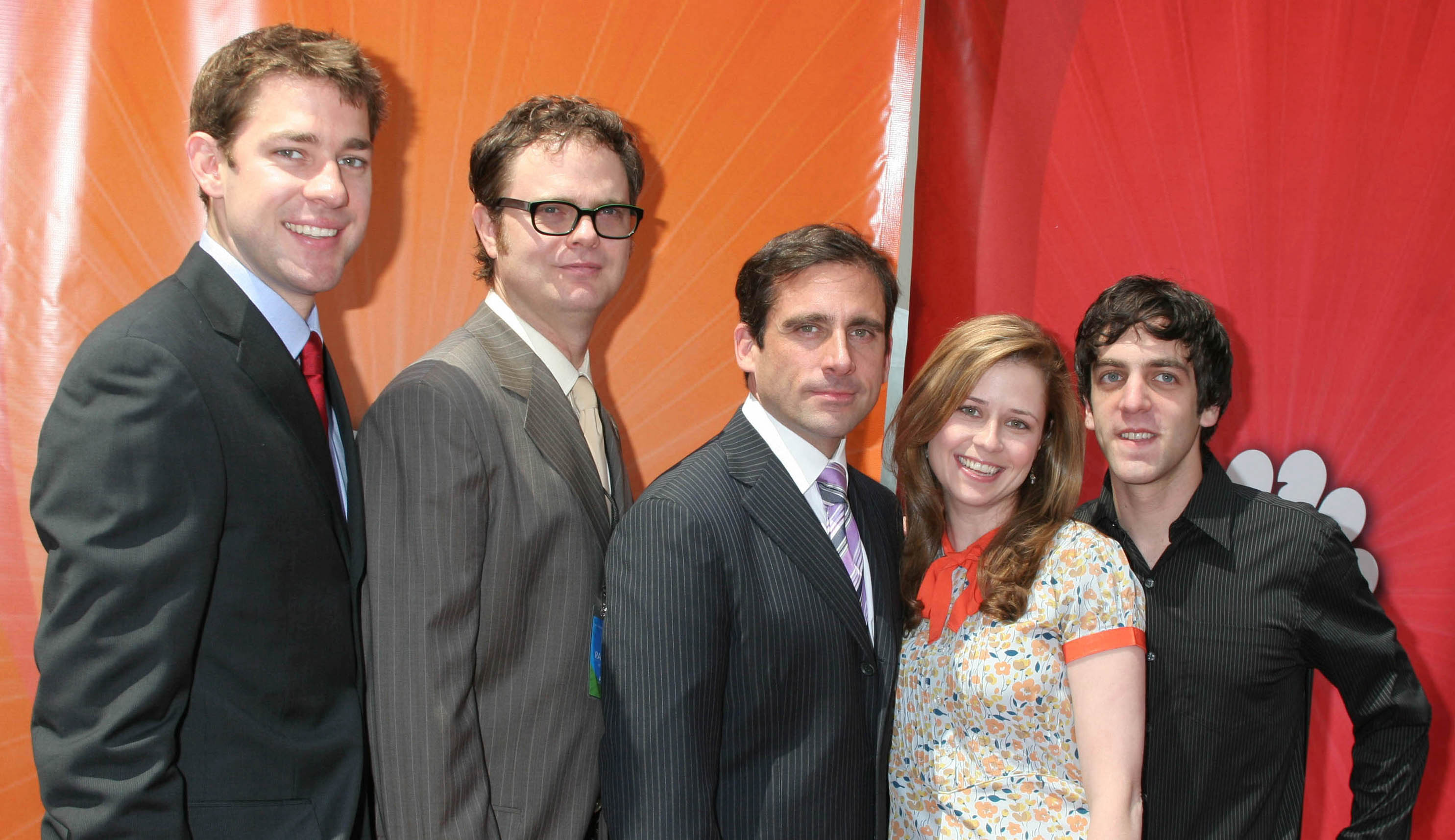Americans on average spend 470 minutes, or 7.83 hours, a day with digital media. For example, people watched “The Office” for over 57 billion minutes in 2020, and another favorite, “Grey’s Anatomy” held viewership for over 39 billion minutes in 2020. That’s 108,447 and 74,200 years, respectively, total.
Is this time well spent?
Digital entertainment is not inherently bad, but still, it is presently riddled with debasing content.
Leisure is a necessary and good component of life. It is a morally beneficial piece of a well-rounded, full existence. Our digitally saturated society most assuredly has a sphere of leisure, but this sphere is marked by disordered perspectives and practices of leisure.
Leisure is meant to be more. It has the potential and even the embedded design to be holy. Josef Pieper, a German Catholic philosopher writing during the mid-20th Century, had an illuminating take on leisure in his book “Leisure: The Basis of Culture.” He said that leisure had to have “a durable and consequently living link … with divine worship.” Leisure will cease to function properly when removed from a recognition of how humans relate to themselves, others, and God.
So how can we view leisure? Pieper lays out three principles (not rules) that are helpful in formulating an intuitive and practical way to relate to leisure. And by relating to leisure we are ultimately deeply relating to ourselves, others, and God.
First, he says that leisure is a nonactive silence of the soul. It is a posture of calmness that is not demanding or effortful. It does not desire to possess that which it sees and knows. Our first principle of leisure is that it is the absence of hurry or possessive control of life as a whole and entertainment more specifically. It is the state of happily offering our own silence in favor of God’s voice.
Second, our nonactive idea of leisure is celebratory and joyful. It consists of the contemplation and enjoyment of man’s “own true nature and abides in concord with the meaning of the universe.” To engage in leisure therefore means to engage in celebratory affirmation of “the basic meaningfulness of life,” and the beauty of goodness and virtue in entertainment.
The third basic principle of leisure is wholeness in two senses. True leisure ought to have an organic effect of instituting a deeper “grasping of the world as a whole.” And leisure must invade the whole life of the individual, attaining the status of “an attitude of the mind and a condition of the soul.”
But what application does this idealistic “philosophy of leisure” really have on the sphere of entertainment? Can taking such an intentional view towards such a seemingly unintentional activity really influence how often and what we watch? It can, and it must.
Let’s go back to our examples from the beginning, the ones to which we as an American society have sacrificed thousands of years: “The Office” and “Grey’s Anatomy.” Do these two shows encourage silence of soul for the purpose of reverence before God and his nature? Do they engage in a celebratory affirmation of what it means to be human? Or do they point us toward understanding the world as a compelling and complex whole?
Maybe, maybe not. Here is where we must judiciously apply prudence and discretion.
Understanding the world this way does not leave us with no options. Enriching though admittedly imperfect television series such as “Ted Lasso” can inspire us with compelling expressions of the importance and power of forgiveness. Captivating sequences portrayed in vibrant and rhythmic depictions of nature in shows such as “Planet Earth” or “Life”can and often do serve as sources of true leisure. The options abound. We might find that truly leisurely entertainment is actually profoundly freeing.
In a reorientation toward entertainment we regain an important component of our humanity. The component that says we have been made by God, and leisure lived with Him in mind is the truest and most life giving.
Pieper writes: “Leisure is … the preserve of freedom, of education and culture, and that of undiminished humanity which views the world as a whole.” And, we might add, the preserve of morally uplifting and sustainable entertainment.

